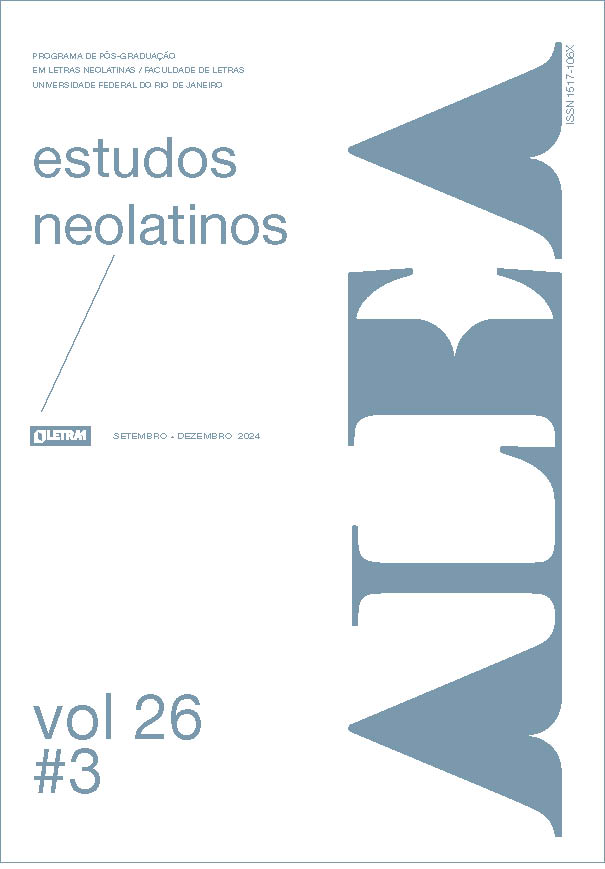Los campos figurativos y el sujeto migrante en El huso de la palabra (1989) de José Watanabe
Abstract
Sobre la base de la Retórica General Textual de Stefano Arduini (que asimila el legado teórico de Antonio García Berrio) y del pensamiento de Antonio Cornejo Polar (quien representa la sociocrítica en la investigación literaria peruana), el autor analiza El huso de la palabra, poemario fundamental de José Watanabe Varas, uno de los grandes poetas peruanos de los años setenta del siglo pasado. Se cuestiona la retórica restringida a la elocutio y se precisan los conceptos de campo figurativo (formulado por Arduini) y el de sujeto migrante (planteado por Cornejo Polar). Luego, el autor examina dos poemas de Watanabe, cuestionando el contextualismo que deja de lado el abordaje textual para rendir culto ciego al contexto.
Downloads
Downloads
Published
Issue
Section
License
THE AUTHOR/S confirm/s his, her or their participation in all stages of work preparation: 1) Conception, project, bibliographical research, analysis and interpretation of data; 2) Writing and reviewing the manuscript; 3) Approval of the final version of the manuscript for publication; 4) Responsibility for all aspects of the work and guarantee for the accuracy and integrity of any part of the work. The submission of works implies the immediate cession, without onus, by all authors, of publication rights to the journal Alea, licensed under CC BY (https://creativecommons.org/licenses/by/4.0/). The authors are fully responsible for the content of the article and continue to hold all copyrights for subsequent publications of it, and should, if possible, include the reference to the first publication in the journal. Alea does not commit to returning received contributions. Authors of articles, reviews or translations will receive a copy of the journal.

